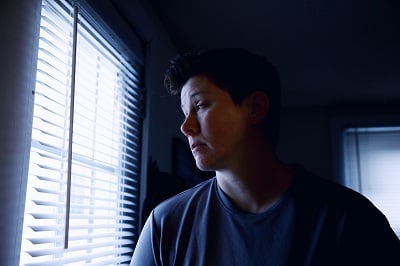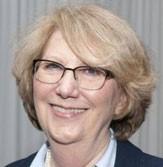Coping with Grief During the Pandemic
Coping with Grief During the Pandemic

Grief is a natural multifaceted reaction to loss.
We all have the capacity to adapt to even the most difficult loss.
Recognize that grief contains love; try to let it in and not push it away.
COVID brings new potential risk factors, such as physical distancing that can derail healing after loss.
Covid-19 has brought grief and loss to the forefront of our minds; however, grief is not a new challenge. It’s always a part of life. We all lose those we love and grief is a natural response to loss. Our bodies and minds help us adapt to even the most difficult loss. As difficult and painful as grief may be, about 9 out of 10 bereaved people find ways to accept the reality of loss and to restore a sense of wellbeing. However, sudden unexpected death, like those from COVID-19 are more challenging. So too are some other difficulties associated with the pandemic.
HEALING is an acronym that describes the process by which we accept the reality and restore wellbeing: Honor the person who died and oneself, discover your own interests and values. Ease emotional pain; Open yourself to emotions – both painful and pleasant ones; trust that you can deal with emotional pain; it doesn’t control you. Accept grief and let it have a place in your life, Live with reminders of your loss. Integrate memories of the person who died; let them enrich your life, help you learn and grow, Narrate stories of the death for yourself; share them with others, Gather others around you, connect with your community, let people in and let them support you.
There are natural processes that can interfere with HEALING if they get a foothold. The acronym DERAILERS describes these: Doubt that you did enough for the person who died, Embracing the idea that grief is the only way to honor the person who died, Repeatedly imagining scenarios in which the death did not happen or happened differently – “if only” thinking; Anger or bitterness you can’t resolve or let go of; Insistence that this death was unfair, wrong, shouldn’t have happened; Lack of faith in the possibility for a promising future; Excessive avoidance of reminders of the loss; Rejecting support, unable to let others help, feeling hurt and alone; Survivor guilt that stops you from experiencing joy and satisfaction
The pandemic has brought challenges that can increase the risk that these derailers will gain a foothold. For example, the reality of physical distancing tears through the fabric of our social connections and rituals that support us in difficult times. Loved ones are dying alone, funerals and gatherings must be held virtually without hugs or holding hands. This raises the risk for several of the derailers and increases the likelihood of development of Prolonged Grief Disorder.
Survivor guilt is a very common feeling of discomfort or guilt because you are alive and well when someone else has died. This can be especially pronounced in situations like Covid where it seems random and unfair that one person dies and another lives. Other Covid-related challenges pertain to insufficient protection, inadequate training of medical staff, high levels of contagiousness of the virus and a range of health and economic disparities that a bereaved person must deal with simultaneously. In addition to prolonged grief disorder, loss of a loved one during Covid can also trigger the onset or worsening of mood and anxiety disorders.
For those who have lost loved ones resilience can be enhanced by following the HEALING milestones, by self-compassion, by dealing with DERAILERS and by finding things, small and large, that you can do that are meaningful or interesting.













